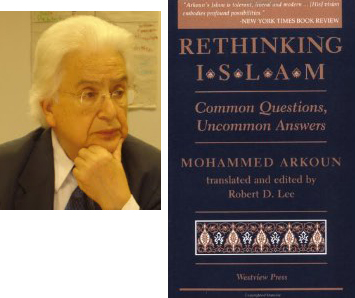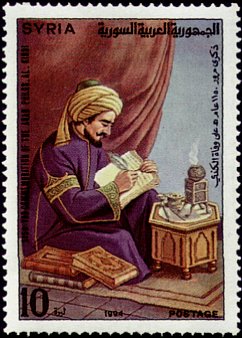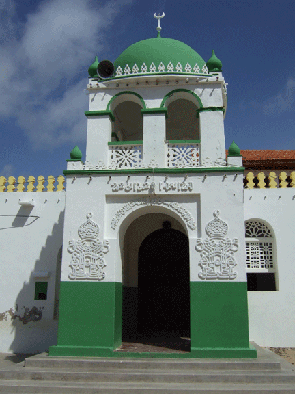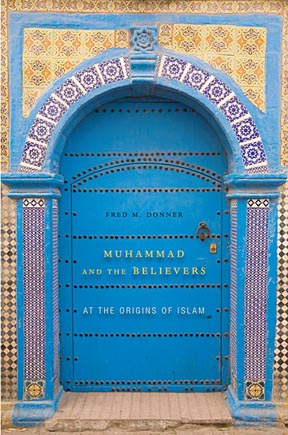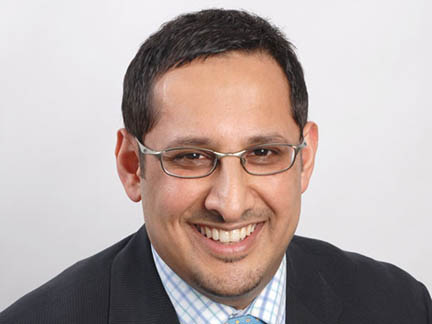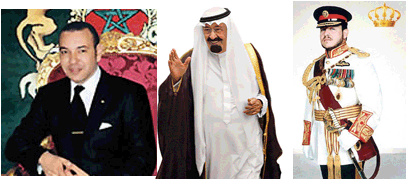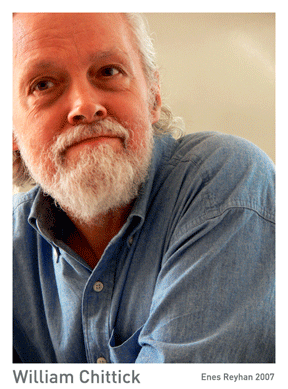
by William Chittick, Huffington Post, September 22, 2010
A few years back, long before 9/11, one of our Religious Studies majors told me that she had taken my course to learn why she should hate Islam. As a normal young American growing up on Long Island, she had no doubt that she should hate Islam, but she still wanted to know what was so bad about it.
There are many historical, political, and cultural reasons for the negative stereotypes of Islam that permeate American society. One of the more obvious is that people confuse religion and ideology.
Scholars often distinguish between “Islam,” meaning the religion as taught and practiced over the centuries, and “Islamism,” meaning the various ideologies that have appeared over the past century claiming to speak on its behalf. As one of these scholars put it, “An ideology is a clear blueprint that requires only mechanical implementation. … It offers easy answers to the most difficult and fundamental questions. … [It] renders redundant the human processes of constantly thinking, evaluating, facing hard choices, and balancing” (Farhang Rajaee, Islamism and Modernism, p. 4). Continue reading The Meaning of Islam
